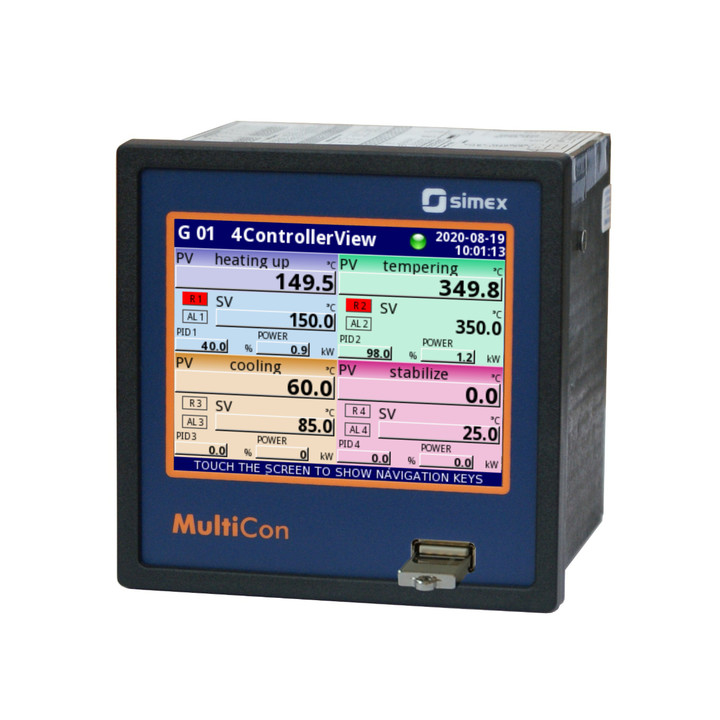
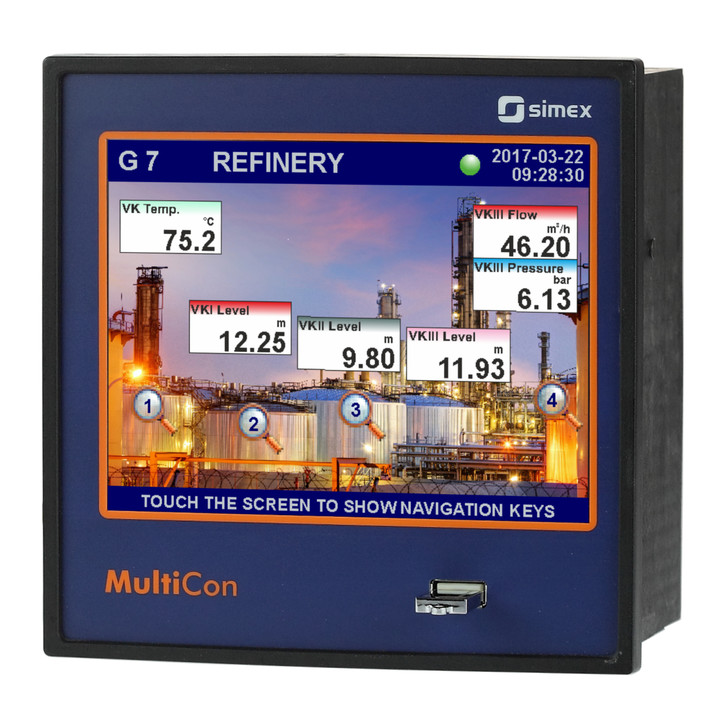
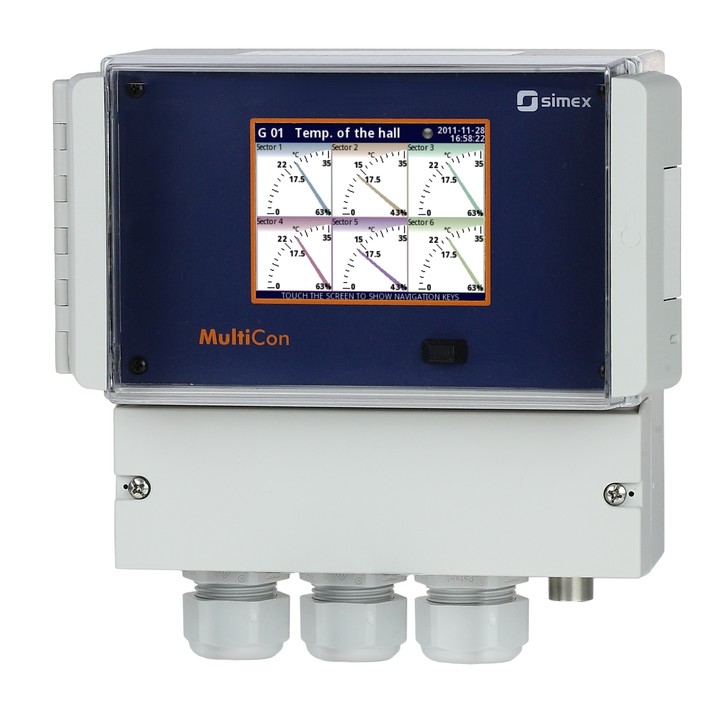
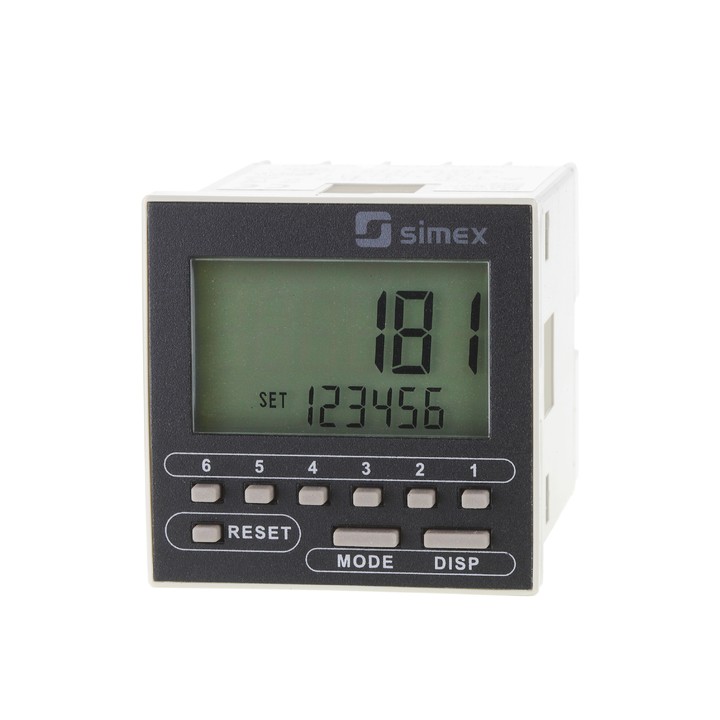
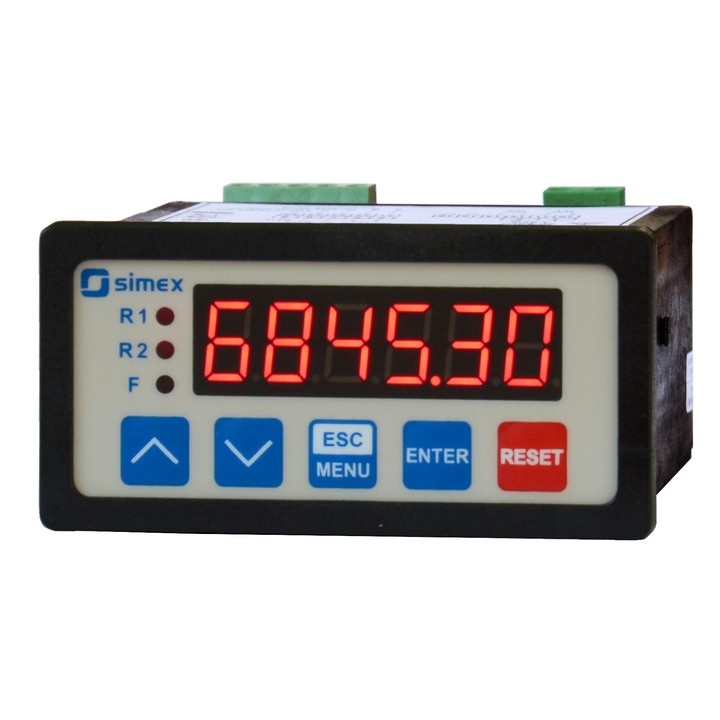
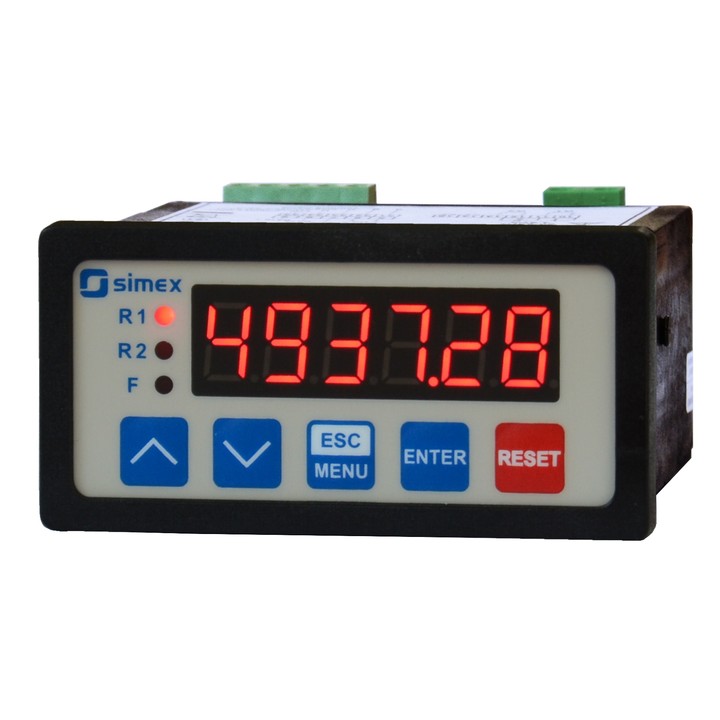
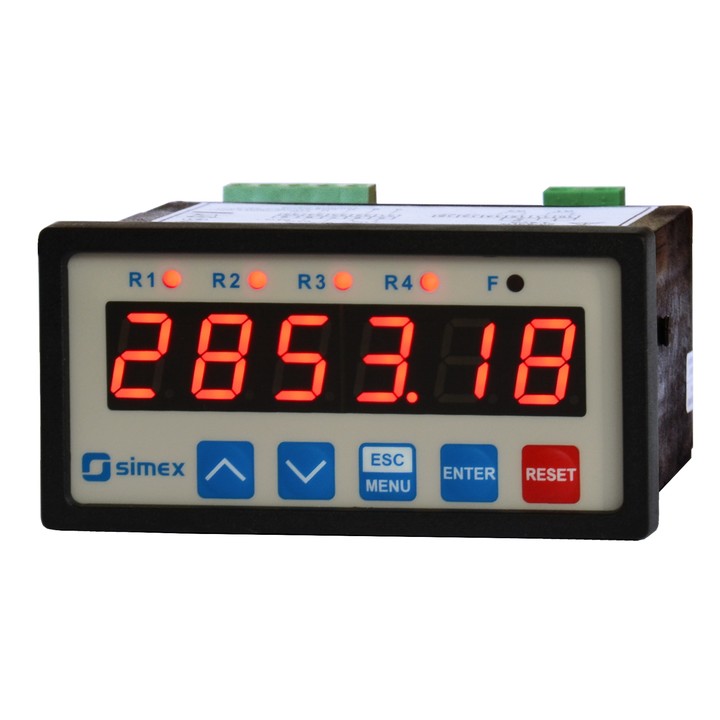
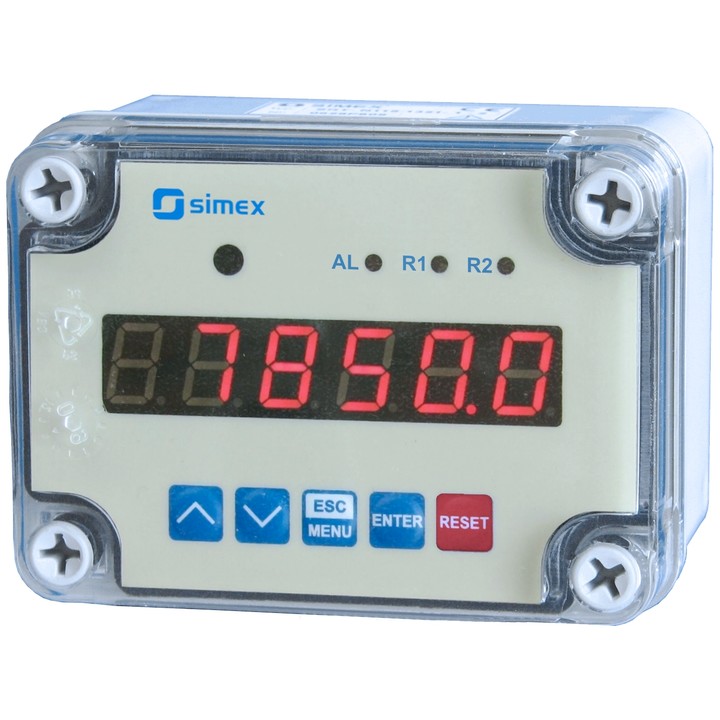
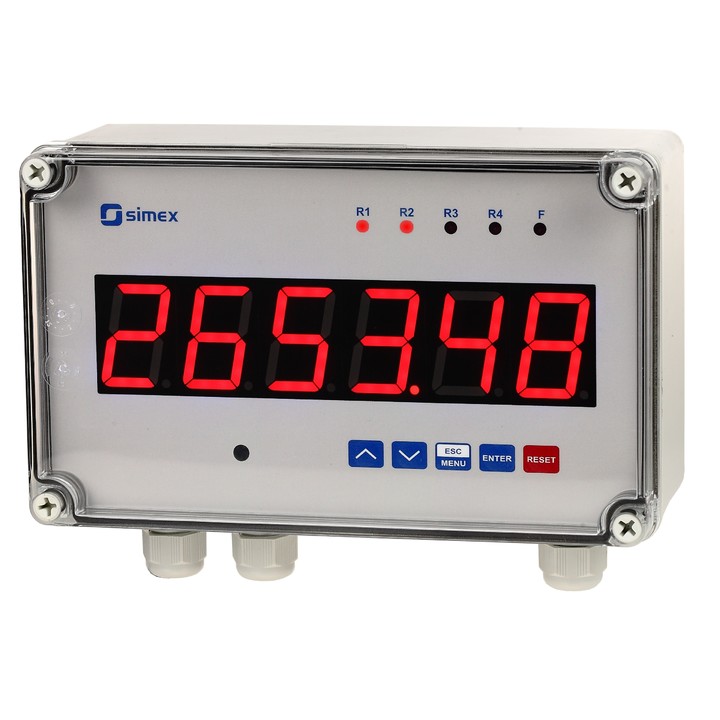
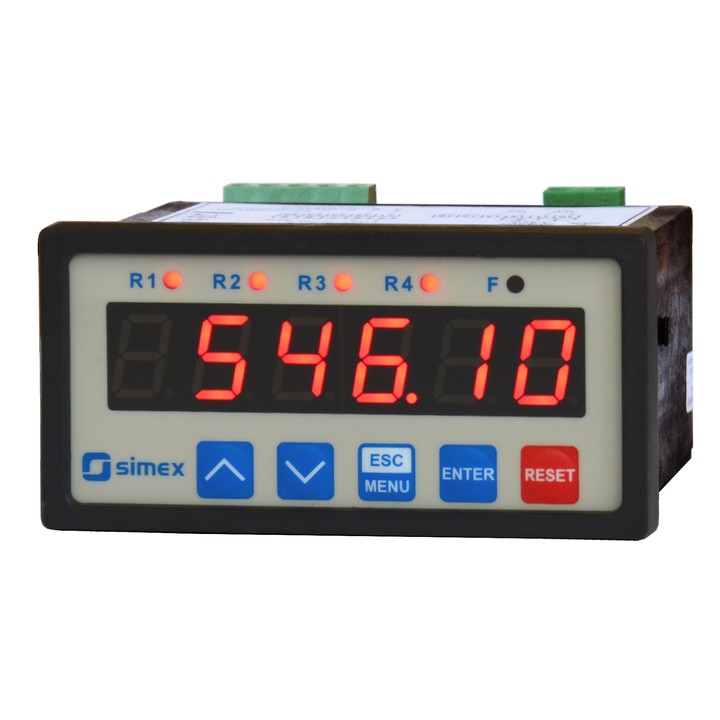
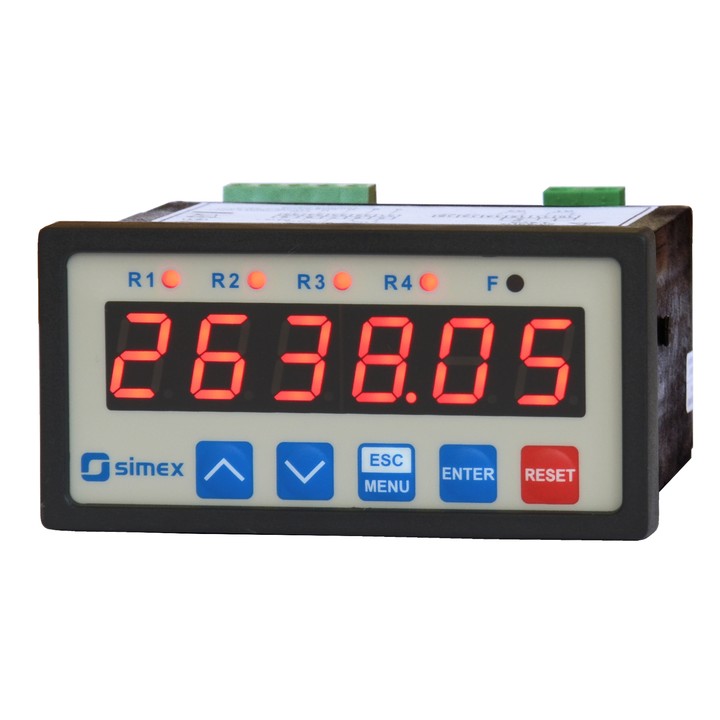
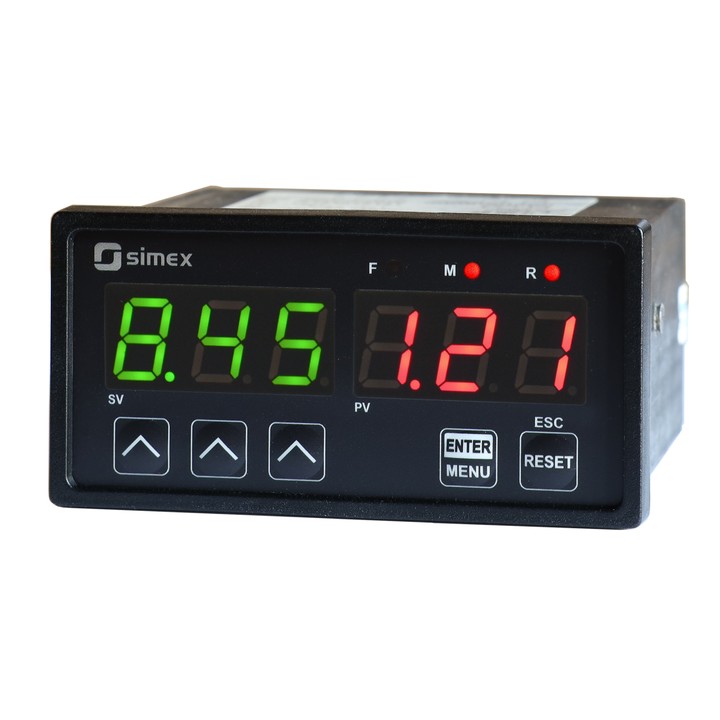
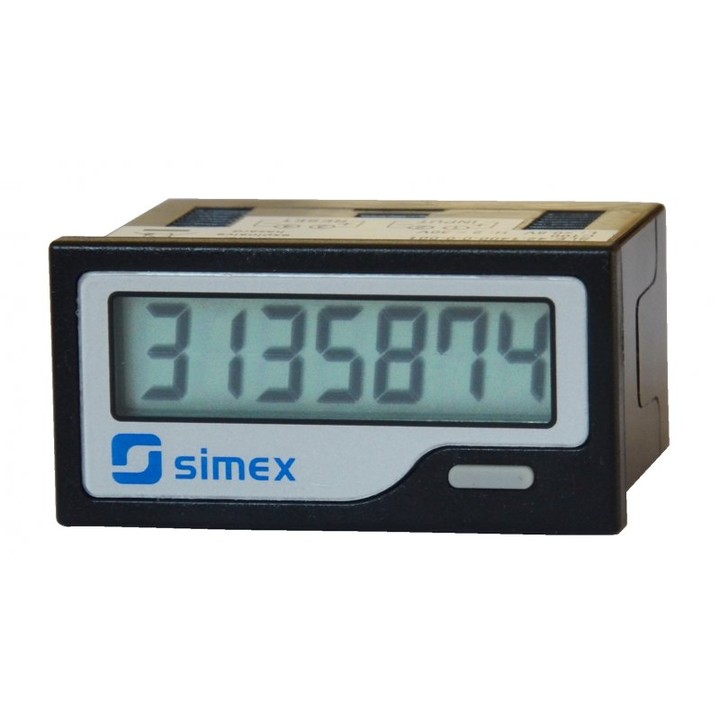
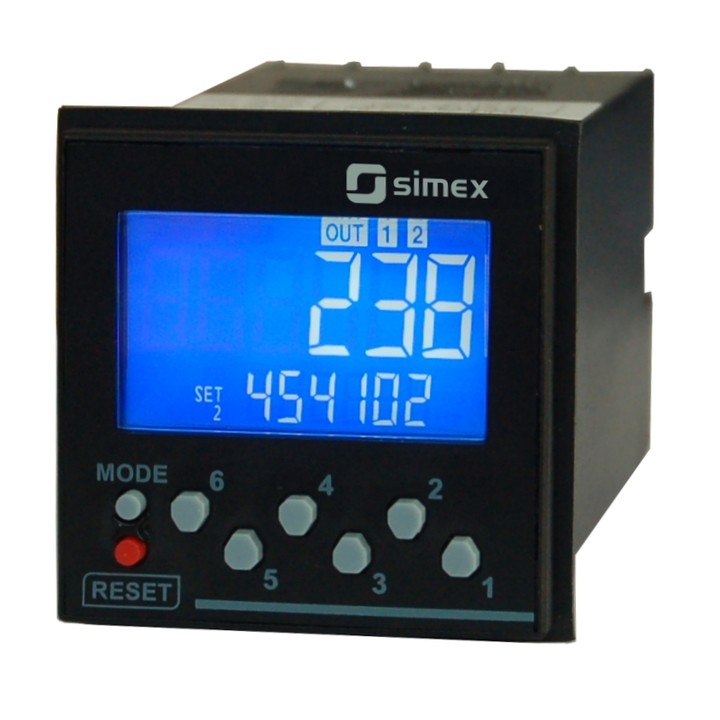

Electronic counters are measurement devices that record data based on pulse and digital signals, offering high precision and extensive configuration options.Among the available types are quadrature, batch, totalizing, and universal counters, many of which feature a built-in dispenser function. These devices are widely used in industrial automation, process control systems, and logistics.
Thanks to their reliability and accuracy, electronic counters are a key component in optimizing the operation of machines and production systems.
The family of electronic counters is very large and has numerous and variable applications. The most popular are the simplest progress counters or progress-reversible counters, which count individual impulses detected at the inputs to the device and which, for example, can be used to adjust the status of the equipment they monitor. The electronic counters are designed to count impulses that represent specific physical quantities, such as the number of completed rotations, blows, strokes, travel, as well as completed data, products, activations, etc. The modern design enables the easy automation of manufacturing processes, with the possibility of programming of adjustable records. The input relay signal can control any manufacturing process, such as proportioning, filling, weighing, or positioning.